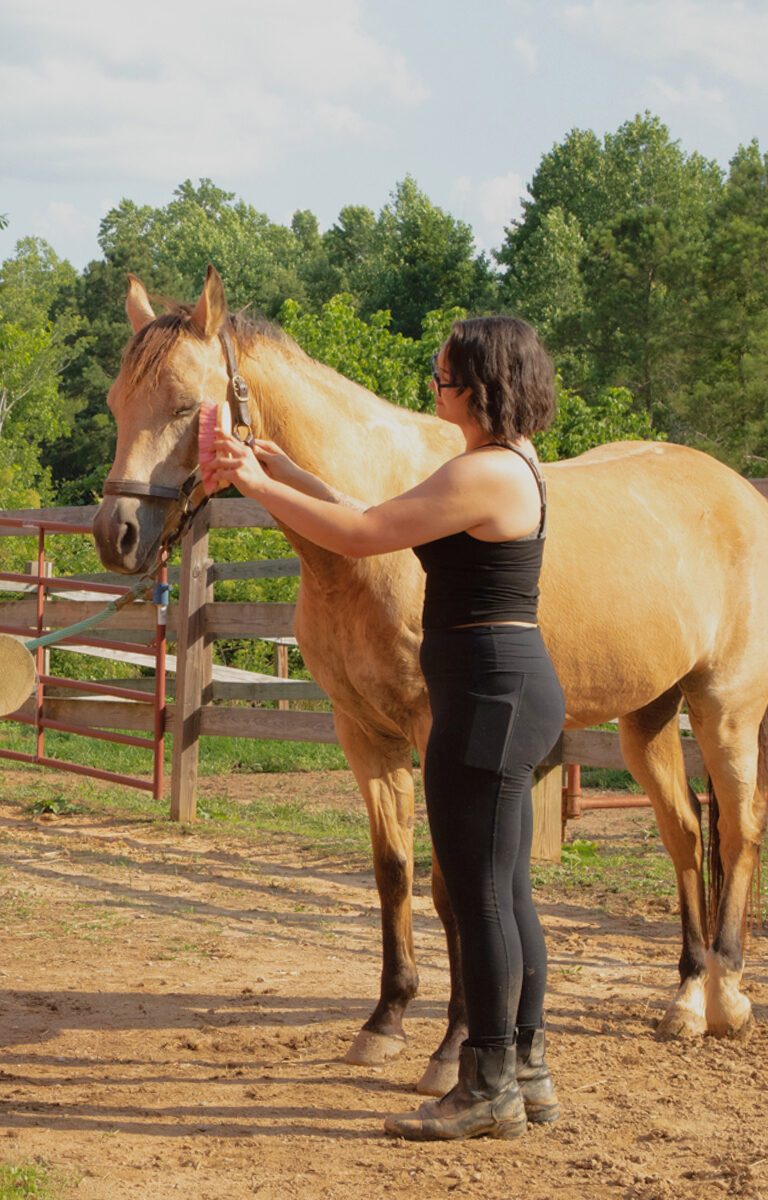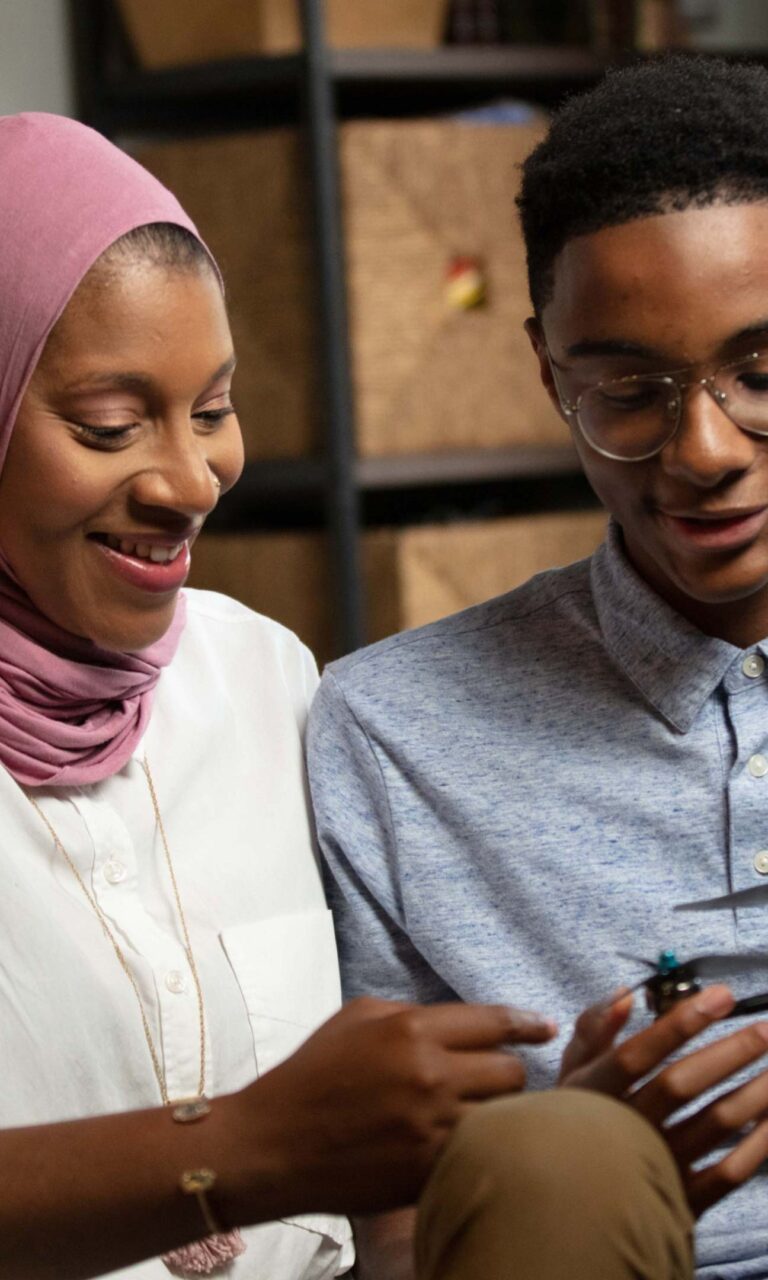Share
In today's fast-paced world, finding the time and energy to connect with your young people in meaningful ways can be challenging.
The importance of communication

Transitioning to Self-Directed Learning workshop
Dive into this workshop exploring practical strategies to help you support your child’s evolving learning needs.
Read The Article HereIn the video below, Yusuf reads a heartfelt letter to his mother. This kind of communication is made possible by the environment and space parents work to create for communication, trust, and being flexible to children’s needs.
Building Connection Through Communication: A letter from self-directed learner Yusuf
Observations
- Balance empathy and support: Communicating clearly and listening actively to ensure that both parents and children understand each other’s needs and desires
- Create an environment of openness: Encouraging and modeling open communication, active listening, and empathy in interactions with children can help foster strong relationships and emotional intelligence
- Spend quality time together: Be present with young people and try to see the world through their eyes
intentional communication

Helping Young People Find Their Agency
Crystal Bird Farmer explains that through trust we can empower our young people in self-directed education.
Read The Article HereCommunication is the foundation of a strong family bond, and it starts with the parents. Building a strong and loving relationship with your young people starts with open, honest, and regular communication. Improving communication skills can help families address feelings, resolve conflicts, and help young people feel confident to express themselves. It takes time, openness, vulnerability, patience, and a lot of self-reflection on the parents’ part.
In today’s fast-paced world, finding the time and energy to connect with your young people in meaningful ways can be challenging. But with a little consistency and effort, you can create a lasting bond that will help them thrive in the future. Set aside distractions and fully immerse yourself in the moment. One way to be open to their perspective is by asking questions like, “what activity would you like us to do together?” Be present and engaged, but only add to the experience when you understand their direction and have their consent.
Creating a strong bond with your family can start with a simple weekly tradition – the family meeting. Imagine gathering with your family to catch up on each other’s lives, review upcoming events, and share any needs, challenges, or celebrations. Though decision-making plays a strong role, family meetings primarily represent the space and opportunity for family members to share what’s present to ensure everyone is informed.
questions to ask yourself
Consider these prompts as you explore how you can encourage communication in your family:
- Does my child have a say in family decisions? Are there decisions my child(ren) isn’t included in and is this defensible?
- What forms of my child(ren)’s communication are triggering/angering me? Have I discussed this with them? Why is this form of communication triggering? Is it a sign of my own childhood wound?
- Am I rushing through something? Am I rushing my child(ren) through something? If so, why?
Have questions or feedback?
Reach out at hello@weareborntolearn.org or click the link below to join our Facebook community to talk more.


















